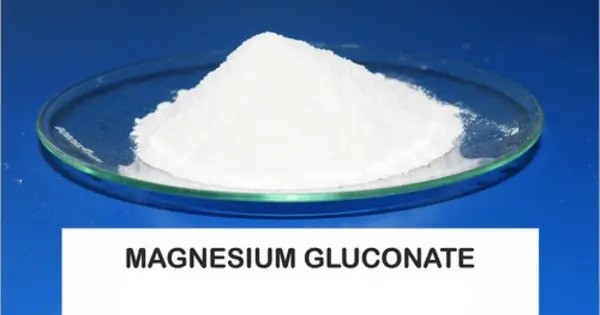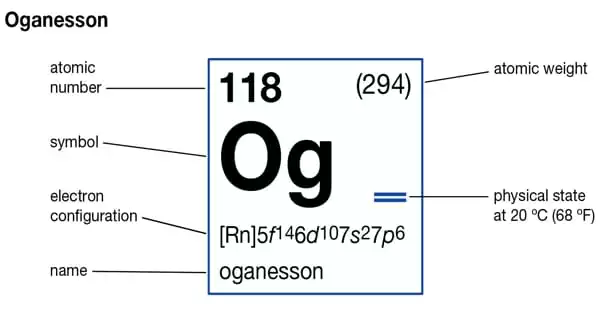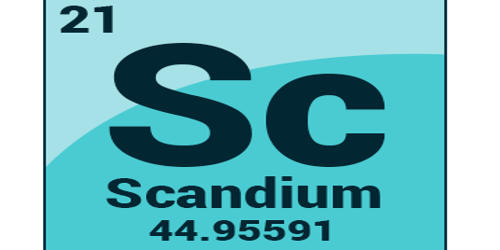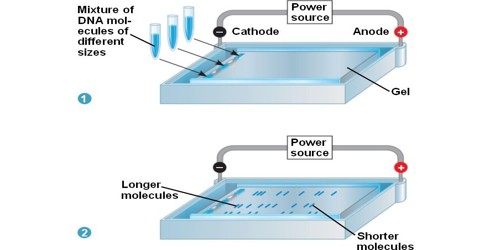Magnesium gluconate is a compound with formula MgC12H22O14. It is the magnesium salt of gluconic acid. It is a supplement form of magnesium, typically used to address magnesium deficiencies or support overall health. Magnesium is an essential mineral that plays a crucial role in several bodily functions, including muscle and nerve function, energy production, and bone health. Magnesium gluconate is often preferred for supplementation due to its relatively high bioavailability, meaning it is well absorbed by the body.
According to one study, magnesium gluconate showed the highest level of bioavailability of any magnesium salt which implies its viability as a supplement, although of the 10 salts studied, all increased magnesium levels significantly. This study did not include magnesium glycinate, which is one of the most bioavailable forms of magnesium.
It has E number “E580”.
Use in medicine
There are data on the pharmacological properties of magnesium gluconate. Gluconic acid is the initial substrate for the reactions of pentose phosphate path of oxidation of glucose, so it was suggested that it may affect the energy metabolism of mitochondria.
In Ukraine, magnesium gluconate, together with potassium gluconate in the drug Rhythmocor is used to treat heart disease. Pilot studies have shown efficacy in various cardiac arrhythmia. Whether these effects are from the influence of gluconic acid on the metabolism of the heart or from the influence of magnesium and potassium on osmotic pressure is unknown.
Benefits
Supports cardiovascular health by helping to regulate heart rhythm and blood pressure.
May improve sleep quality, as magnesium plays a role in relaxation and the regulation of melatonin, a hormone involved in sleep.
Can help reduce symptoms of premenstrual syndrome (PMS), such as bloating and mood swings.
Side Effects
Gastrointestinal Issues: Like other forms of magnesium supplements, magnesium gluconate can cause side effects such as diarrhea or stomach discomfort, particularly when taken in high doses.
Interactions: Magnesium gluconate can interact with certain medications, such as antibiotics, diuretics, and medications for osteoporosis. It’s important to consult a healthcare provider before starting supplementation if you’re on other medications.
















